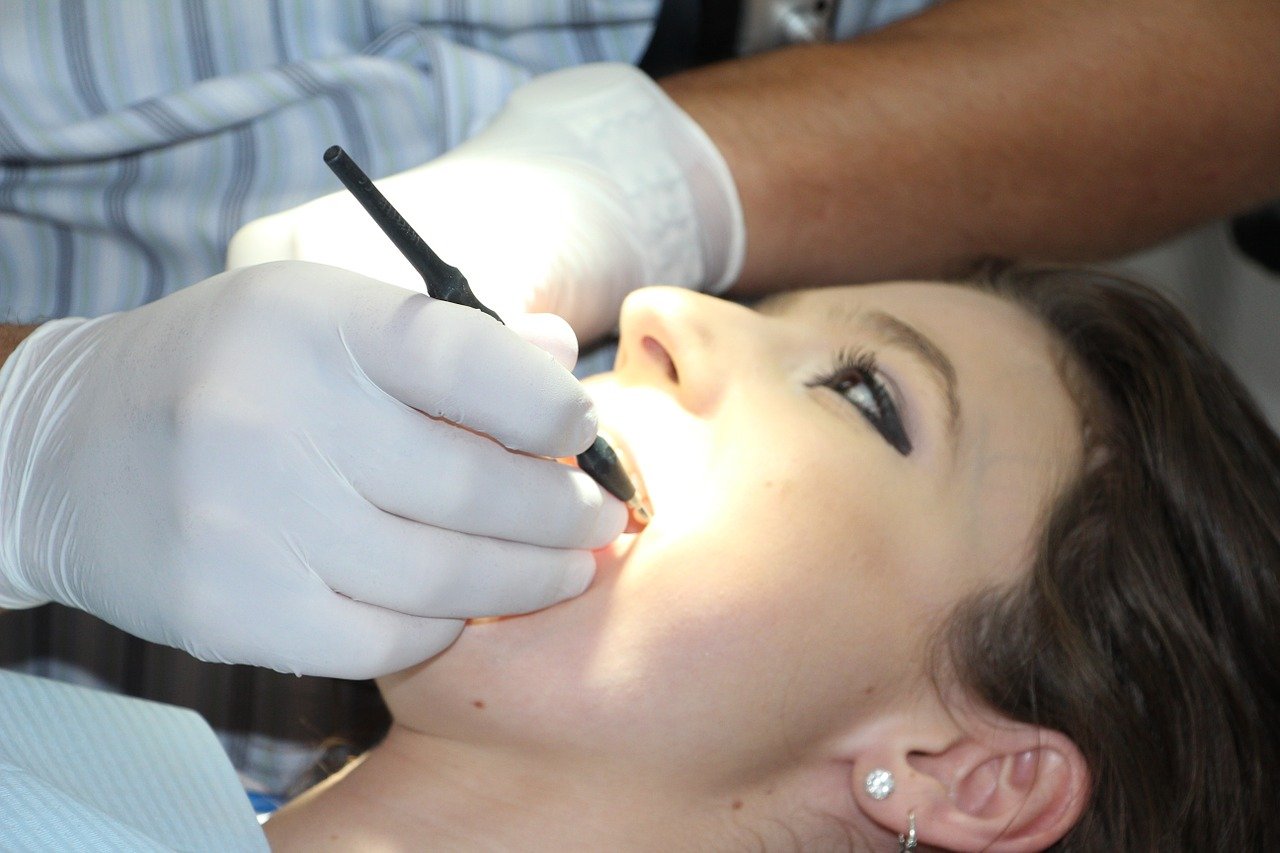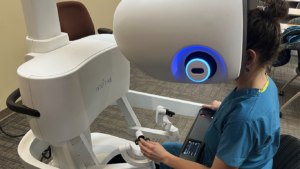In a dental emergency, the right dental care can help mitigate long-term problems and provide relief. A qualified local dentist in Cumming, GA can give you the treatment you need to help protect your oral health and potentially save any damaged teeth. At times, an emergency tooth extraction may be the best way forward. In this article, we’ll explore some instances when an emergency tooth extraction is necessary and what patients can expect from the procedure.
When is an emergency tooth extraction necessary?
Here are some instances where an emergency tooth extraction may be necessary:
Tooth fracture or dental trauma
A fall or other accident may leave you with a fractured tooth. In most cases, dental surgeons will try their best to save natural teeth. But when the tooth is beyond repair or becomes a health risk, dentists may recommend an emergency tooth extraction.
Tooth decay
Your dentist may advise an emergency extraction in situations of severe tooth decay. Progression of tooth decay can compromise the tooth. When it spreads to the tooth pulp, it can cause extreme pain or result in infection. While a root canal is the standard treatment for decay, an emergency extraction may be the best course of action in cases of a severe infection.
Impacted wisdom teeth
When wisdom teeth fail to fully emerge properly and become trapped in the gums, they are considered impacted wisdom teeth. An emergency tooth extraction may help prevent the impacted tooth from affecting the other teeth. Extracting impacted teeth can also be a preventive measure since the procedure may lower the risk of gum infections.
What to expect from an emergency tooth extraction
Before beginning the procedure, your dentist will explain the steps and why the extraction is necessary. They may ask questions about your medical and dental history. You’ll have an opportunity to ask questions or relate any doubts you may have about the procedure. You’ll also get an idea of the tooth extraction costs you can expect.
Anesthesia
Your dentist may use local or general anesthesia based on the procedure. Simple extractions that involve the removal of accessible teeth usually require local anesthetic. However, if the extraction involves impacted teeth or other irregularities, the dentist may need to perform dental surgery that can impact gums, teeth, even bone. These complex surgeries may require general anesthesia.
Procedure
When you’re ready, your dentist will commence the extraction. Thanks to the anesthetic, most patients experience minimal discomfort during extractions, but specifics may vary by patient.
Post-surgical care
Once the extraction is complete, the dentist will give you detailed instructions on caring for the site. They may prescribe pain relief medication as well as measures like ice packs. You’ll also get recommendations on what to eat and how to brush your teeth. Following the steps provided can help speed up your recovery and keep you comfortable.




